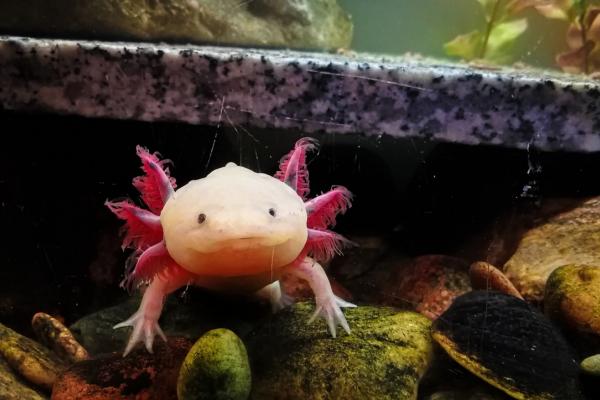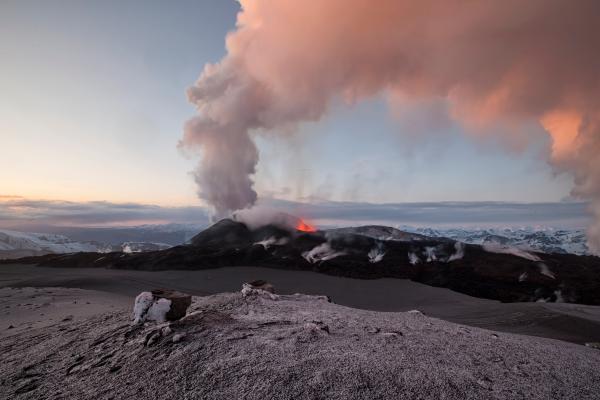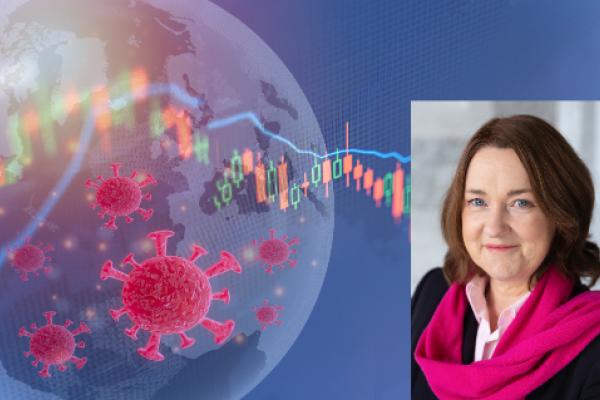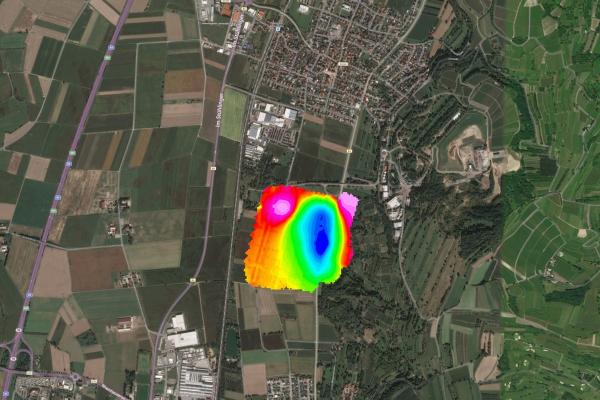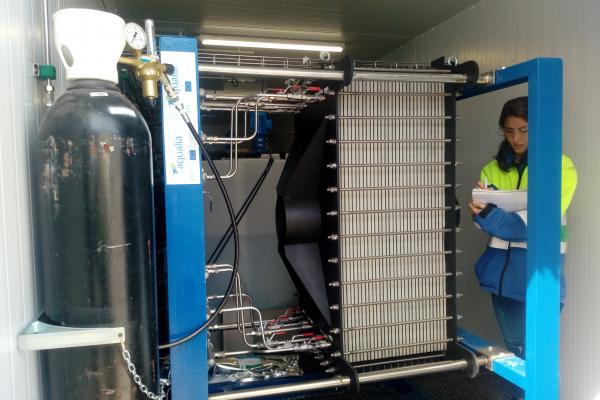We learn about the creation of Europe-wide knowledge and infrastructures that are finding the best ways to restore soil health and manage soils in a ‘climate-smart’ way to ensure they can remain biodiversity-rich habitats that purify and store our waters and regulate our atmosphere.
We also spotlight ‘carbon farming’ that uses carbon sequestration, a negative emission technology enabling soils to absorb and hold more carbon to improve soil health, increase climate resilience, and reduce fertiliser usage. Investments under the EU mission on soil health and food will bring Europe’s soils back to a healthier status and directly contribute to the success of the European Green Deal and its goal of safeguarding our climate and food security.
See also:
The answer lies beneath our feet
Digital data drives better soil management
Does an ally against climate change lie beneath our feet?
On course for healthier, more sustainable soil


